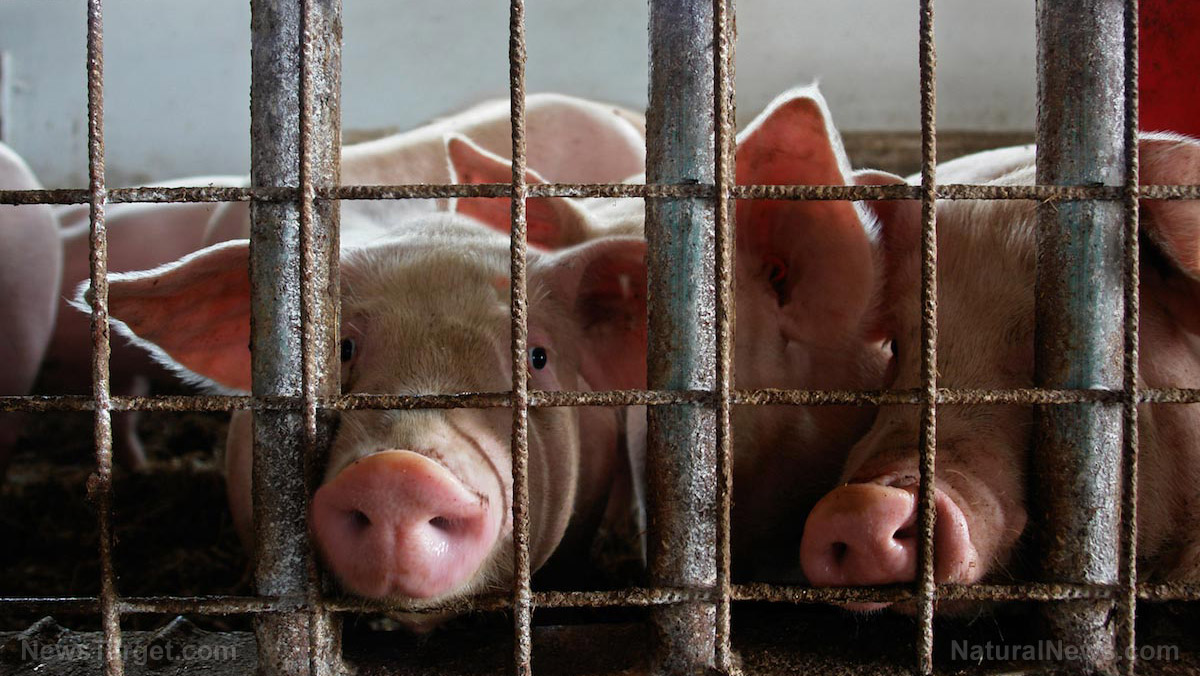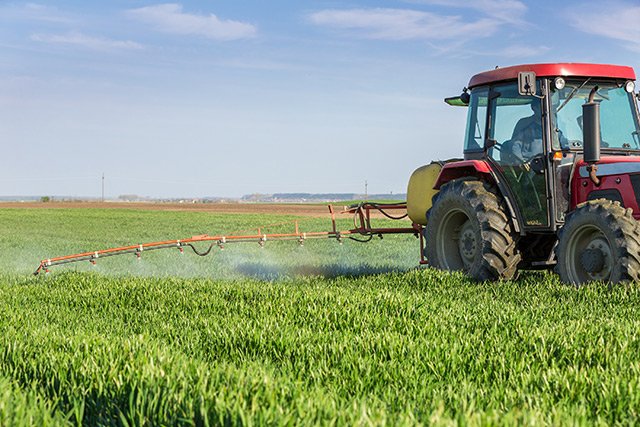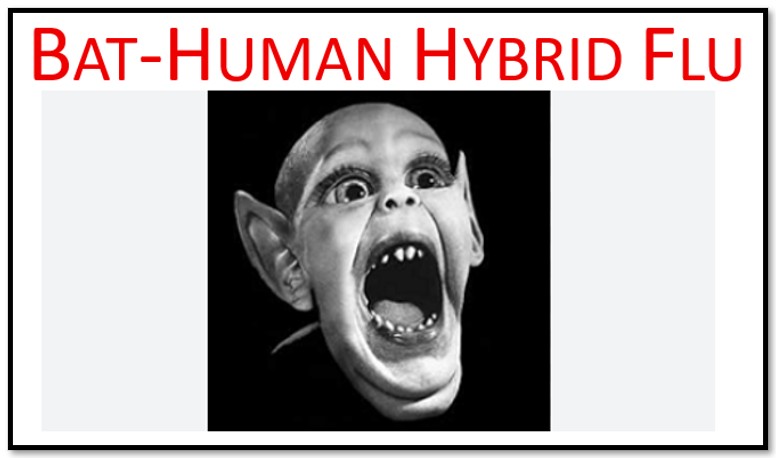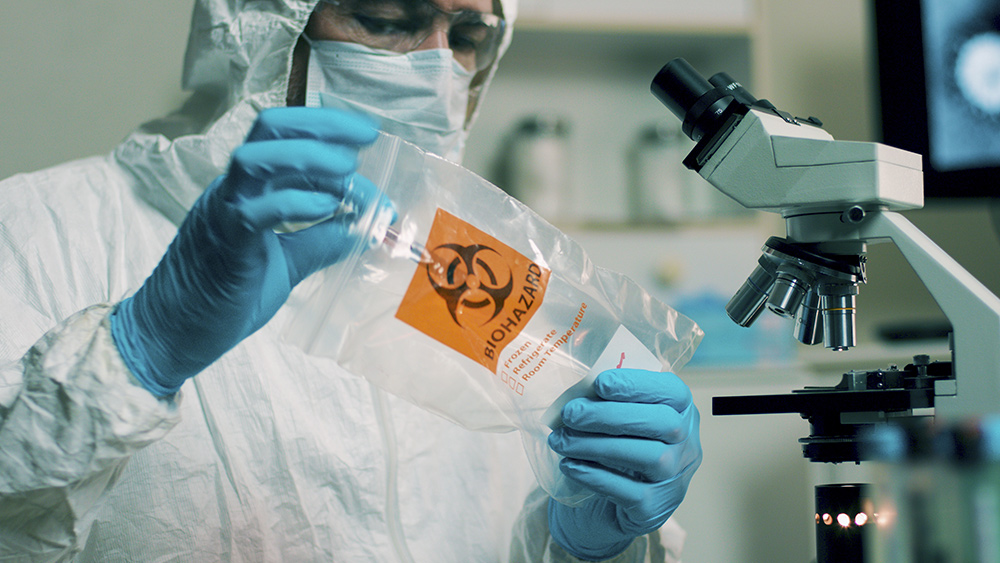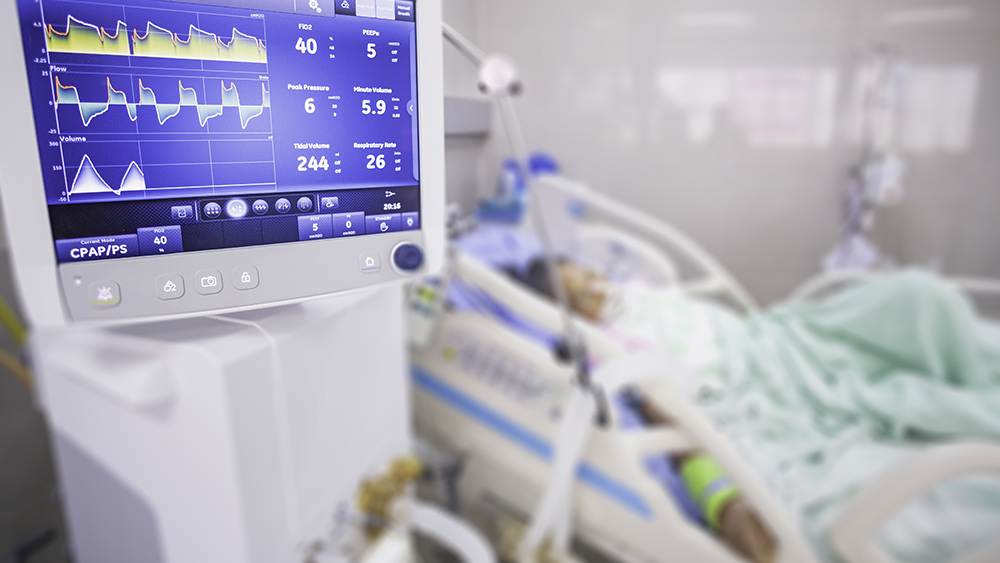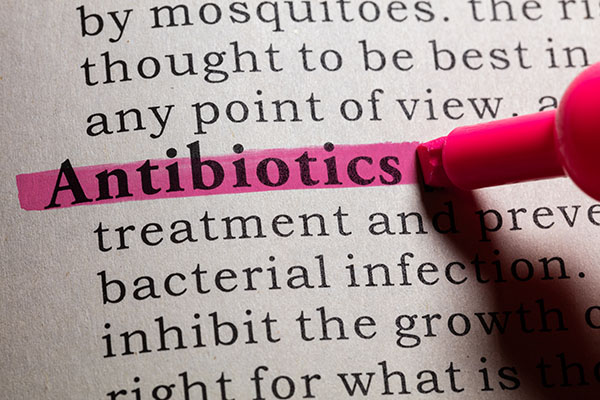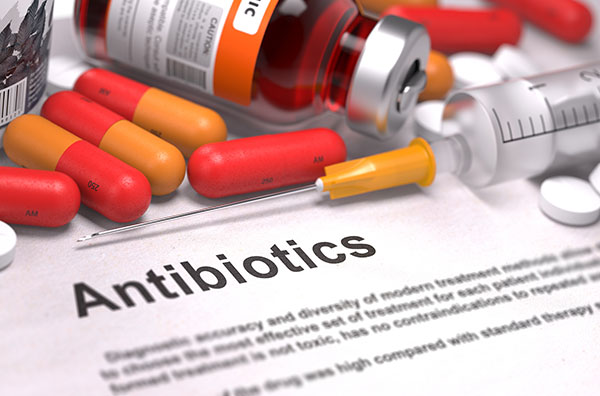Personal care products RECALLED over contamination by resilient pathogen
08/22/2025 / By Olivia Cook

- Four personal care items manufactured by DermaRite Industries, LLC – DermaKleen antiseptic lotion, DermaSarra analgesic, KleenFoam antimicrobial soap, and PeriGiene antiseptic cleanser –were voluntarily recalled after FDA testing revealed contamination with Burkholderia cepacia (BCC), a resilient pathogen.
- BCC poses severe risks to immunocompromised individuals (e.g., cystic fibrosis patients, chemotherapy recipients), potentially causing lung failure, sepsis, or systemic infections. It resists antibiotics and antiseptics, forms biofilms, mutates rapidly and is frequently misidentified in lab tests, delaying treatment.
- Contaminated products in healthcare settings can spread infections rapidly (e.g., tainted soap dispensers have infected dozens of patients in past outbreaks).
- Global incidents include outbreaks linked to medical gels, IV solutions, and even disqualification from life-saving transplants due to BCC infections. BCC thrives in water-based products due to lax sterilization.
- Consumers should discard recalled products, monitor for symptoms (rashes, fever, cough) and stay updated via FDA alerts. They are also called to advocate for stricter manufacturing standards and transparency from brands to reduce contamination risks.
Four personal care products have been recalled over contamination by the resilient pathogen Burkholderia cepacia.
In early August, the Food and Drug Administration (FDA) announced the voluntary recall of the four aforementioned products. The affected products made by the New Jersey-based DermaRite Industries, LLC are as follows:
- DermaKleen antiseptic lotion with Vitamin E
- DermaSarra external analgesic
- KleenFoam antimicrobial foam soap
- PeriGiene antiseptic cleanser
The products were pulled from shelves after federal testing revealed Burkholderia cepacia contamination. Brighteon.AI‘s Enoch explains that the pathogen is “commonly found in aquatic environments. While not highly aggressive, infections can spread among immunocompromised populations.”
Unlike most recalls, which focus on food safety or mislabeling, this recall involves an “opportunistic pathogen” that thrives in everyday products and is notoriously hard to kill. Originally discovered on rotting onions in 1949, Burkholderia cepacia complex (BCC) includes more than 20 closely related bacterial species.
Bacteria part of the BCC group live in soil, water and moist environments. But unlike many environmental microbes, BCC bacteria are uniquely adapted to survive and sometimes thrive in human-made products like cosmetics, disinfectants, personal care products and even water-based medical solutions.
Researchers call it an “opportunistic pathogen.” That means it usually doesn’t harm healthy individuals. But it seizes any chance to infect people whose defenses are down. In patients with cystic fibrosis (CF), for example, BCC can cause rapid lung failure and a deadly condition known as “cepacia syndrome.”
Doctors and manufacturers fear outbreaks of BCC, and for good reason:
- Drug resistance: Bcc naturally resists many antibiotics and even common antiseptics. It can sometimes metabolize cleaning agents as food.
- Genetic tricks: The bacteria mutate quickly, which helps them evade drugs and makes them difficult to identify correctly in labs. Automated hospital tests often mislabel them.
- Biofilm armor: Bcc forms biofilms – slimy layers that shield bacteria from disinfectants and antibiotics. This allows infections to linger for years.
- Slow detection: Growing Bcc in a lab takes 48 to 72 hours, slowing down diagnosis. Delayed treatment often worsens outcomes.
BCC: Dangerous and resilient
According to a 2020 study in Clinical Microbiology Reviews, BCC is one of the most feared contaminants in water-based pharmaceutical and personal care products. But the pathogen’s presence in hand soaps is particularly concerning for two reasons:
- Direct contact with skin: Even healthy individuals can experience irritation, redness or localized infections – especially if the soap touches abrasions or small cuts. These issues may be treatable but they’re still an unwanted side effect from a product that’s supposed to help.
- Opportunistic spread in vulnerable groups: For immunocompromised people – patients undergoing chemotherapy, transplant recipients or those living with chronic illness – the risk is far greater. The bacteria can enter the bloodstream, potentially triggering systemic infections and sepsis. Sepsis is not just another medical term. It is a life-threatening reaction in the body that can lead to organ failure if untreated.
Healthcare and caregiving facilities are especially vulnerable. One contaminated soap dispenser, for example, just doesn’t expose one person – it can expose dozens of residents or patients in a short amount of time. Swift awareness and action are critical. (Related: DIY prepper supplies: How to make non-toxic foaming hand soap.)
The range of potential complications is broad:
- Respiratory infections for people with pre-existing lung conditions.
- Long-term or repeated courses of antibiotics for persistent infections.
- Hospitalization requiring intravenous antibiotics and intensive care for severe cases.
- Monitoring for secondary complications, including kidney or liver problems.
Even those who don’t develop serious symptoms may become more vulnerable to future infections or see worse outcomes from existing conditions. That is why early recognition of symptoms and prompt medical care matter.
Another study published January 2024 in Annals of Medicine stated that BCC has been linked to more than 100 outbreaks in unexpected places worldwide in recent decades. Here are some instances:
- In one U.S. hospital, more than 60 patients were infected after staff unknowingly refilled hand soap dispensers with a contaminated foam cleanser.
- In other cases, tainted ultrasound gels, disinfectants and IV solutions have triggered infections that spread silently until dozens of patients were will.
- Globally, outbreaks have been documented from Germany to Turkey to Hong Kong, underscoring how easily Bcc crosses borders when sterilization slips.
- One of the most heartbreaking stories involved a young child who contracted Bcc from a contaminated stool softener. The infection disqualified him from a life-saving heart transplant, leaving him dependent on a ventilator.
Protecting yourself from this pathogen
Treatment is difficult, but not impossible: Doctors sometimes use combinations of antibiotics like trimethoprim-sulfamethoxazole or ceftazidime. But results are mixed and there’s no universally effective therapy. In some cases, infections persist for years or recur even after aggressive treatment.
That is why prevention is key. Safer manufacturing practices, stricter sterilization standards and better diagnostics are more effective than trying to eliminate BCC after the fact.
Consumers have a role, too. Here are a few practical steps they can do to protect themselves and others:
- Check affected products: If you have DermaRite soaps or lotions, stop using them immediately and follow FDA or manufacturer instructions for disposal.
- Be alert to symptoms: Watch for unexplained rashes, persistent cough, fever or unusual infections – especially in vulnerable individuals.
- Stay informed: Sign up for FDA recall and safety alerts or follow trusted health outlets. Awareness often comes before headlines.
- Push for transparency: Consumers have power. Ask brands how they text their products. Advocate for stronger manufacturing standards.
Visit Products.news for more similar stories.
Watch the following video about Walmart recalling hand soaps over dangerous bacteria being detected in them.
This video is from the Daily Videos channel on Brighteon.com.
More related stories:
How to make your own LIQUID SOAP without harmful chemicals.
The benefits of using real, natural soap.
Top five reasons to use goat’s milk soap.
Sources include:
Submit a correction >>
Tagged Under:
analgesic, Burkholderia cepacia, Burkholderia cepacia complex, cleanser, dangerous, DermaRite Industries LLC, Food and Drug Administration, hand soap, infections, lotion, outbreak, pathogens, personal care, Product recall, products, recall, superbugs
This article may contain statements that reflect the opinion of the author
RECENT NEWS & ARTICLES
COPYRIGHT © 2017 SUPER BUGS NEWS



